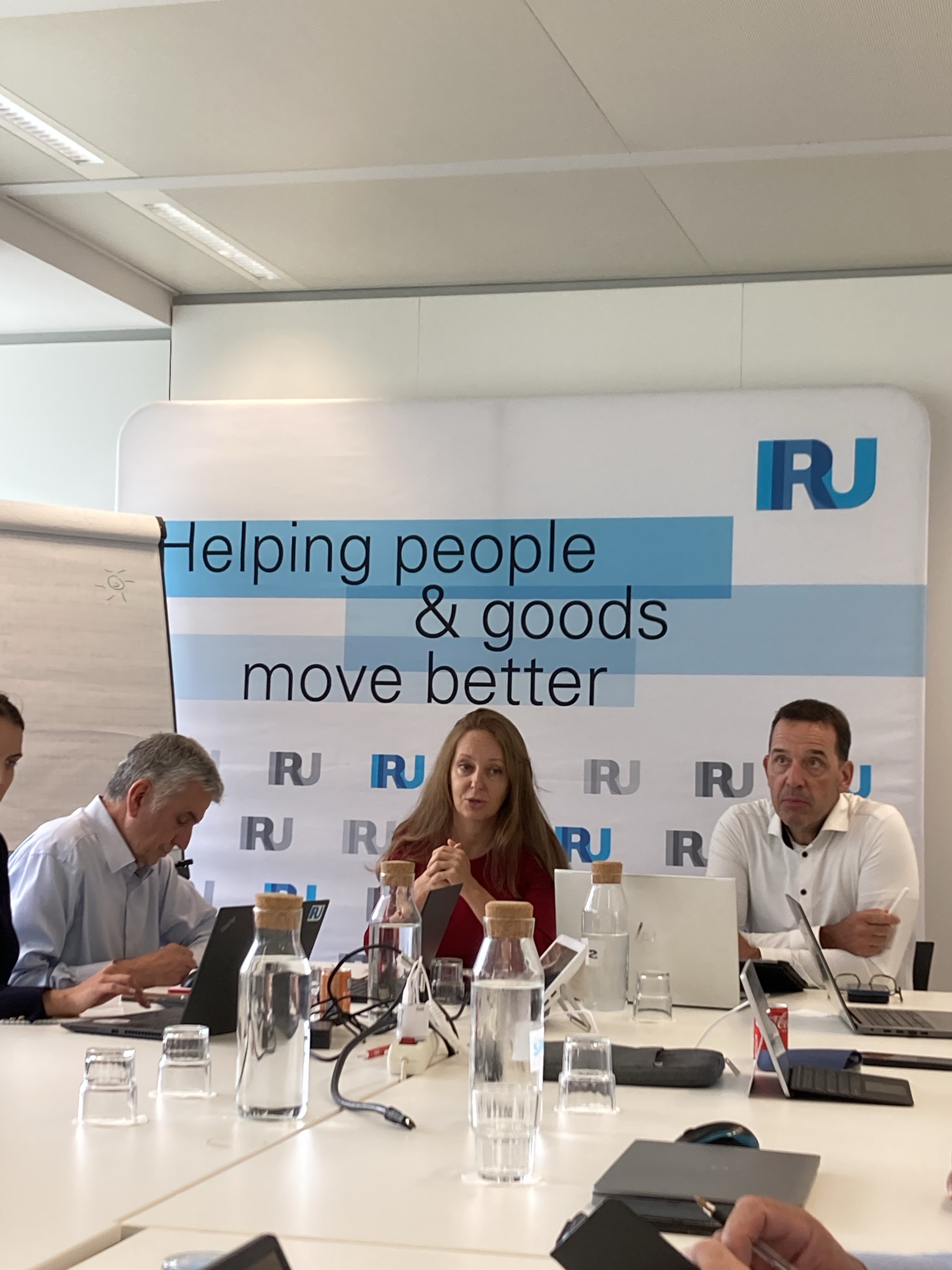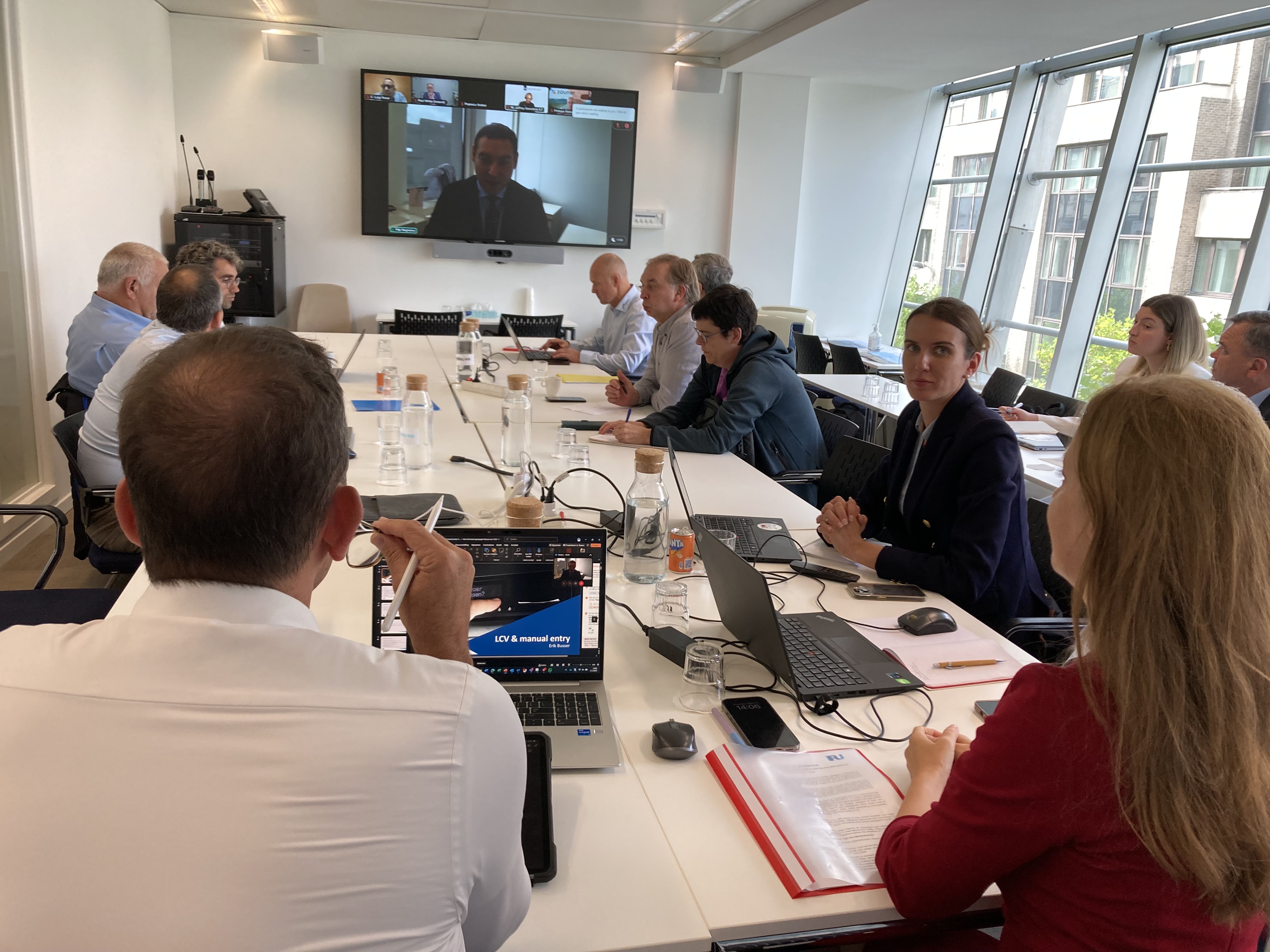From 1 July 2026, the EU’s light freight commercial vehicles (LCVs), weighing between 2.5 and 3.5 tonnes, engaged in cross-border EU services will face a regulatory revolution. Complex EU transport rules, once reserved for heavy-duty trucks, will now apply to them, too. With a dedicated workshop, IRU has launched a market preparedness plan to make sure this heatwave of obligations does not overwhelm drivers and operators.
For the first time, freight transport LCVs (2.5-3.5 tonnes) used in international EU transport and their drivers will need to comply with:
- Driving and rest time rules
- Posting rules, including minimum remuneration for drivers posted outside of their home country
- Installation of second-generation smart tachographs (G2V2)
For truck drivers and operators, these rules are part of everyday operations and their legally mandatory training. For the van sector, they are completely new. LCV drivers only require a B driving licence, with no structured exposure to EU transport regulations. The shift will affect drivers and operators of up to three million vehicles across Europe.
IRU EU Director Raluca Marian said, “This is the first time that the LCV sector, operating internally, will be genuinely subject to the full scope of EU transport rules.”
“Tachographs, rest time rules, and driver posting are complex areas. Most small operators, and especially drivers of LCVs, are unfamiliar with them. IRU is stepping up to make sure they are not just informed but properly equipped to comply. This is about protecting jobs, avoiding penalties, and keeping cross-border logistics running smoothly,” she added.
Heat points: tachographs and training
The new smart tachograph requirement is particularly challenging. Experience with trucks shows that last-minute compliance leads to device shortages and long queues in certified workshops. Without early action, the same risk looms for freight transport vans used in cross-border EU traffic.
Equally, van drivers and operators will need guidance and training. Unlike professional truck drivers, most have never dealt with driving and rest time rules or driver posting obligations. Awareness and capacity-building are therefore critical.
Building readiness together
To prepare the sector, IRU kicked off an ambitious plan with a high-impact online workshop on 3 September. The event brought together participants from across the EU and beyond, featuring the European Commission, the European Labour Authority, the enforcers’ community (CORTE), and experts from national associations and transport operators as speakers.
The workshop gave the sector a rare opportunity to hear directly from EU policymakers, enforcers and other experts about what is coming and how to get ready. It also marked the starting point for developing practical tools and training pathways for real compliance.
What’s next?
This first workshop was only the beginning. Upcoming steps include:
- Train-the-trainer workshops for national associations, which will guide local operators and drivers
- Practical guidance materials tailored for van companies and drivers
- Continued partnership with EU institutions, enforcers, and national associations to ensure smooth and harmonised implementation

“Working hand in hand with EU institutions, enforcers, and our member associations, IRU is leading efforts to ease the heat, helping Europe’s van sector adapt, comply and keep cross-border logistics running smoothly,” concluded Raluca Marian.
The workshop on 3 September was organised within the extended framework of the IRU Committee on Social Affairs.


